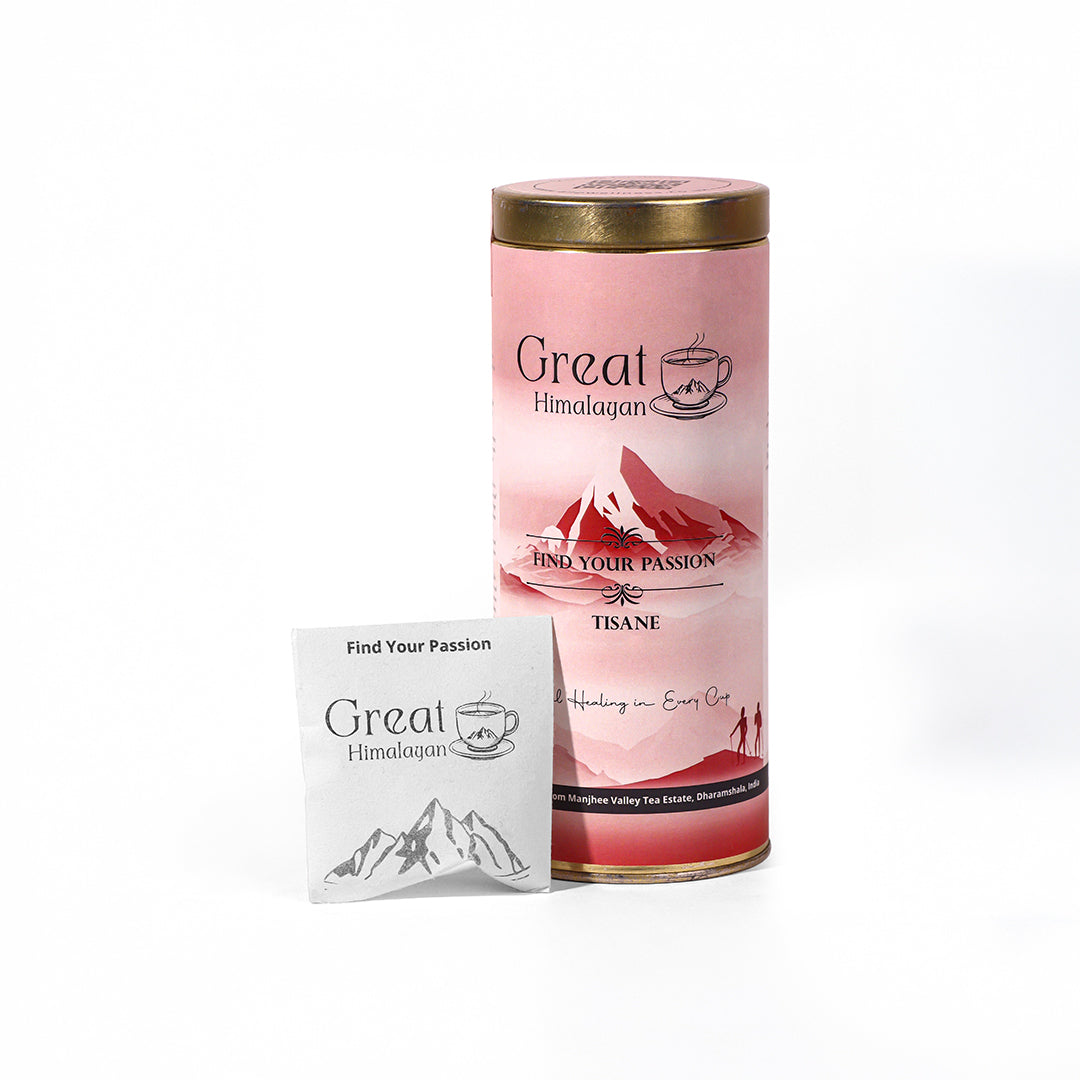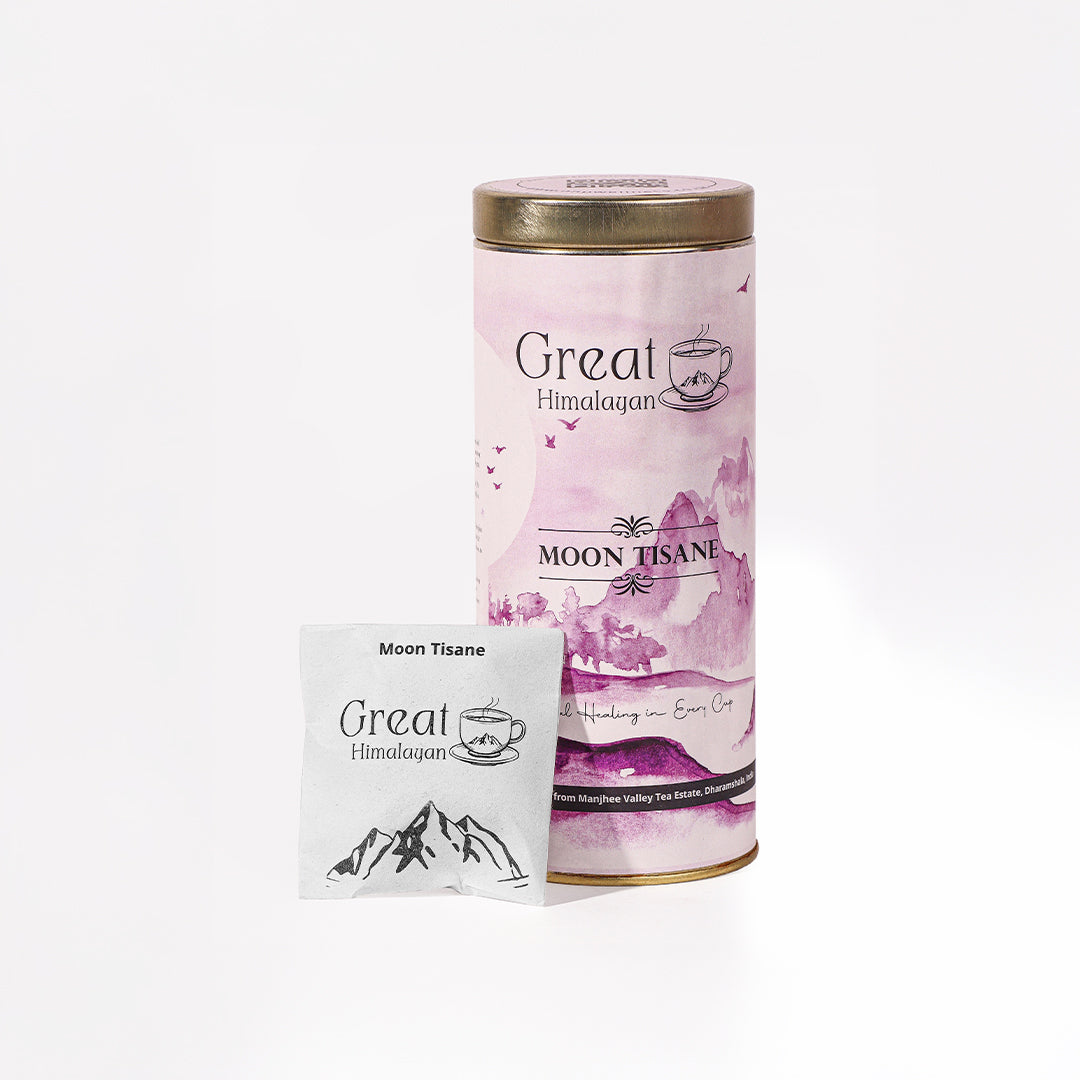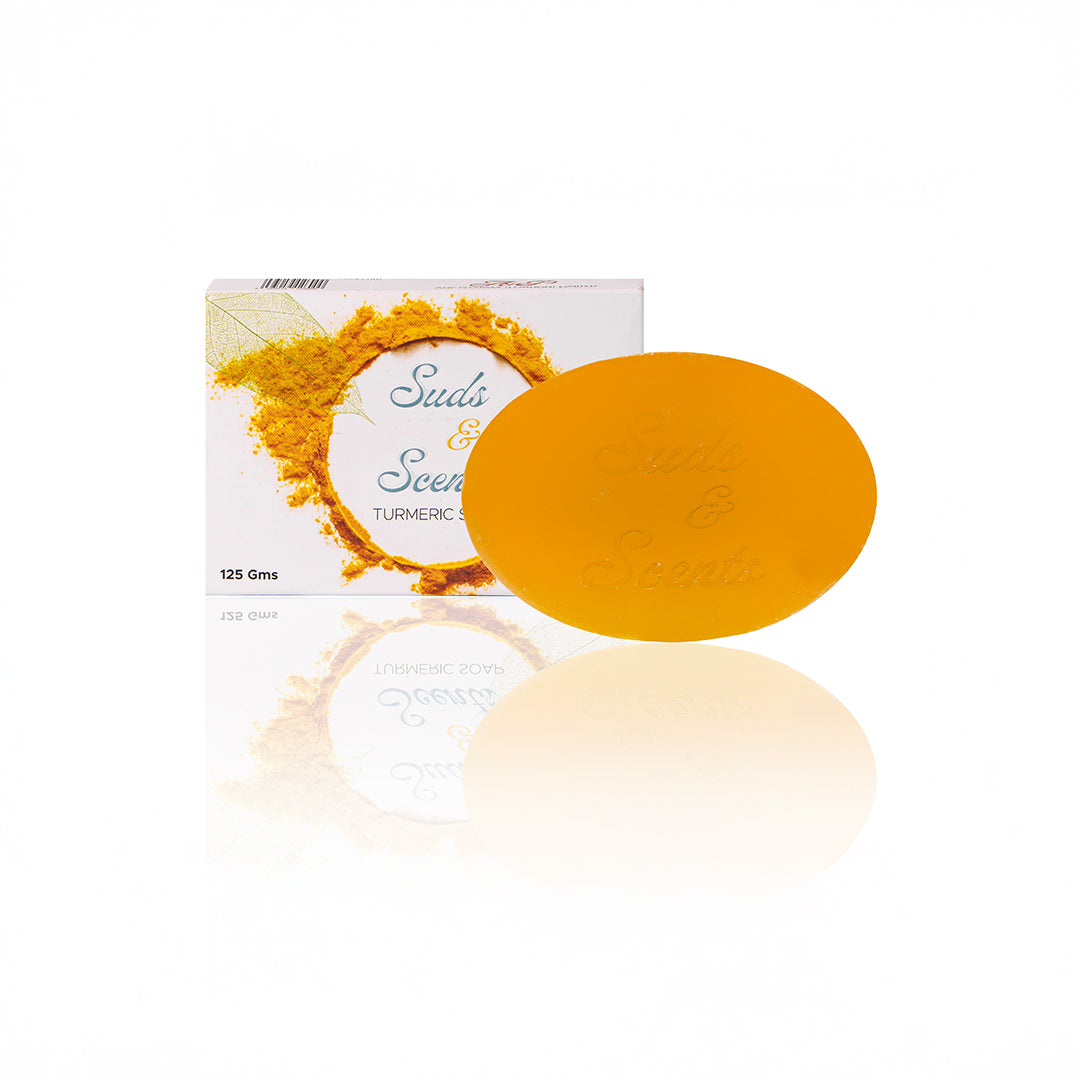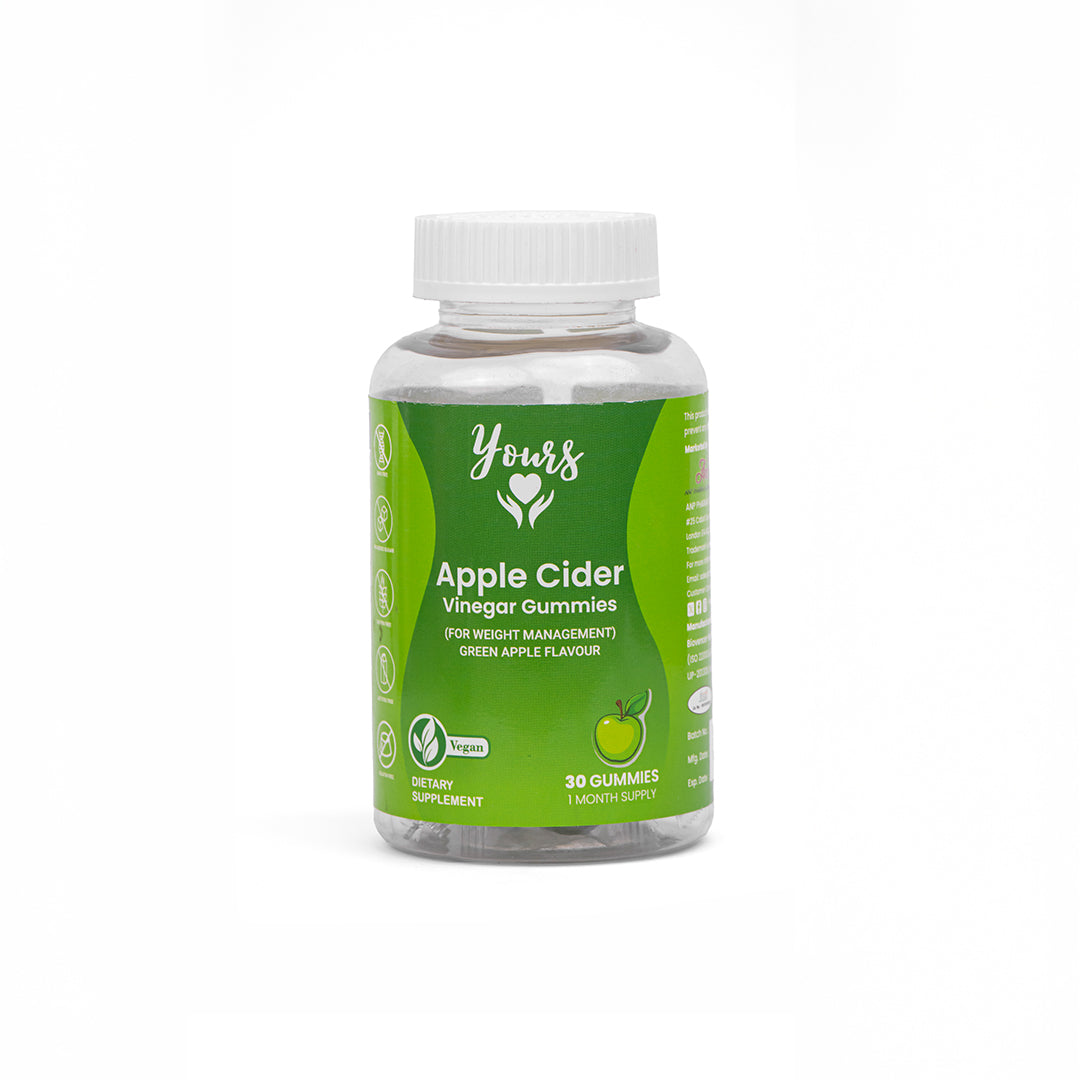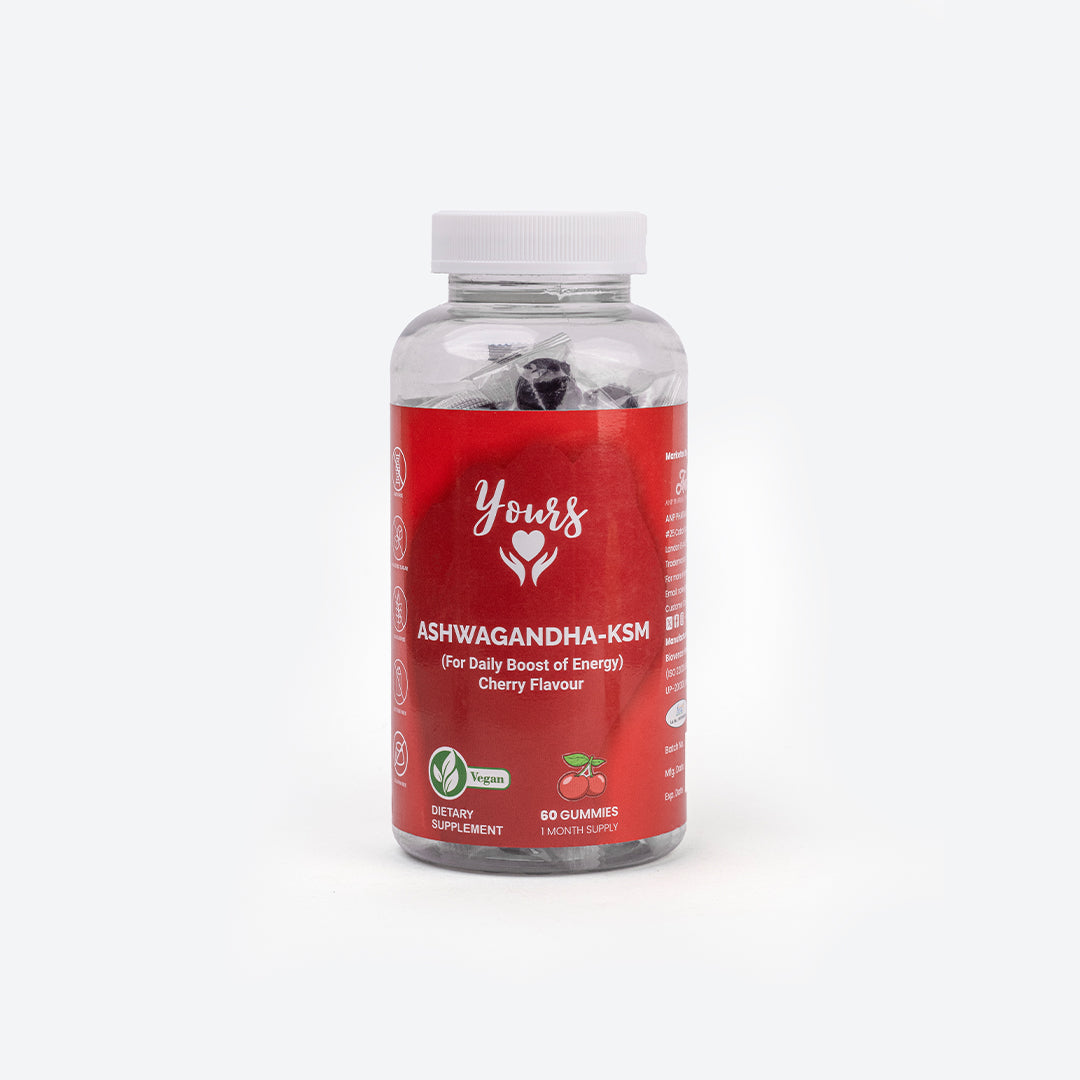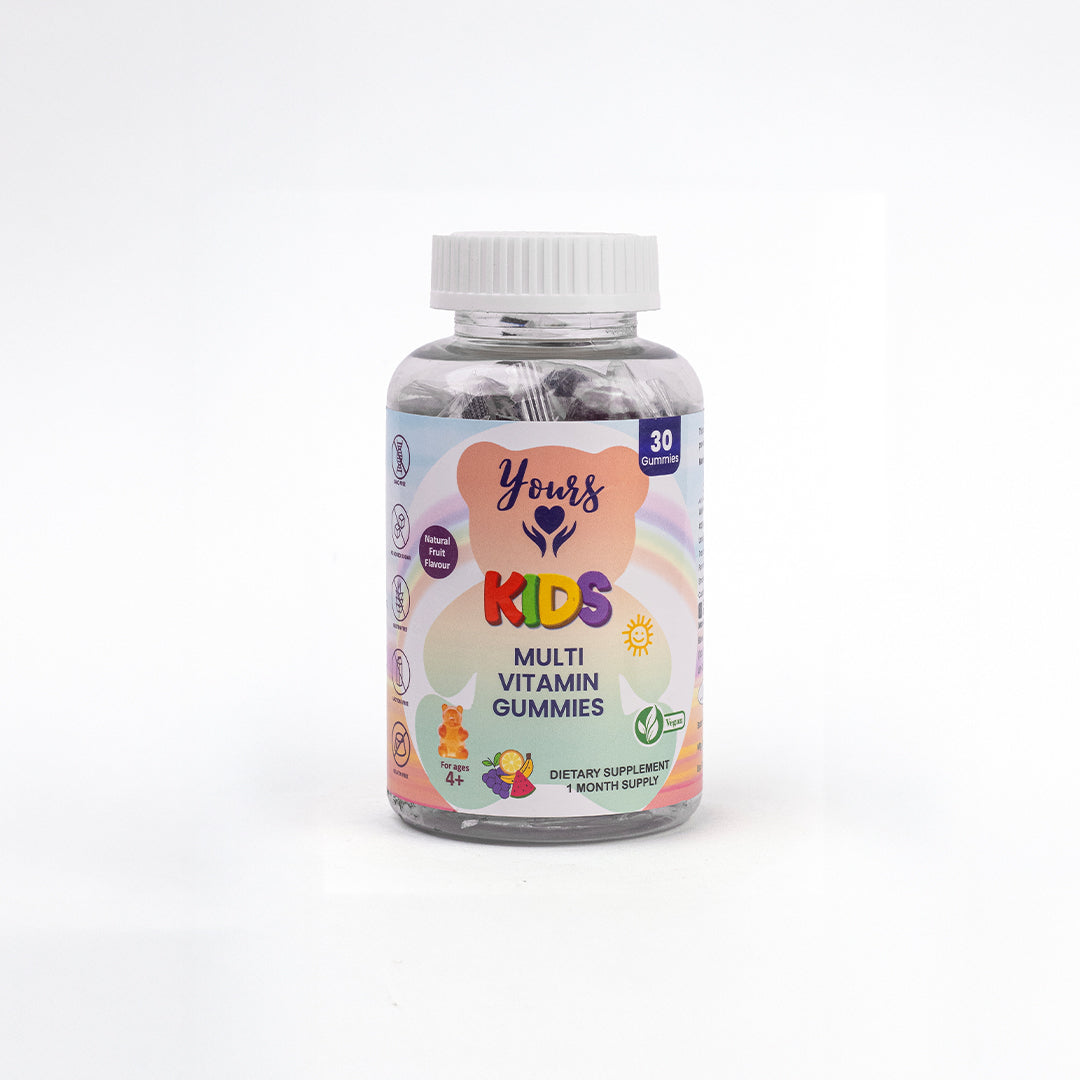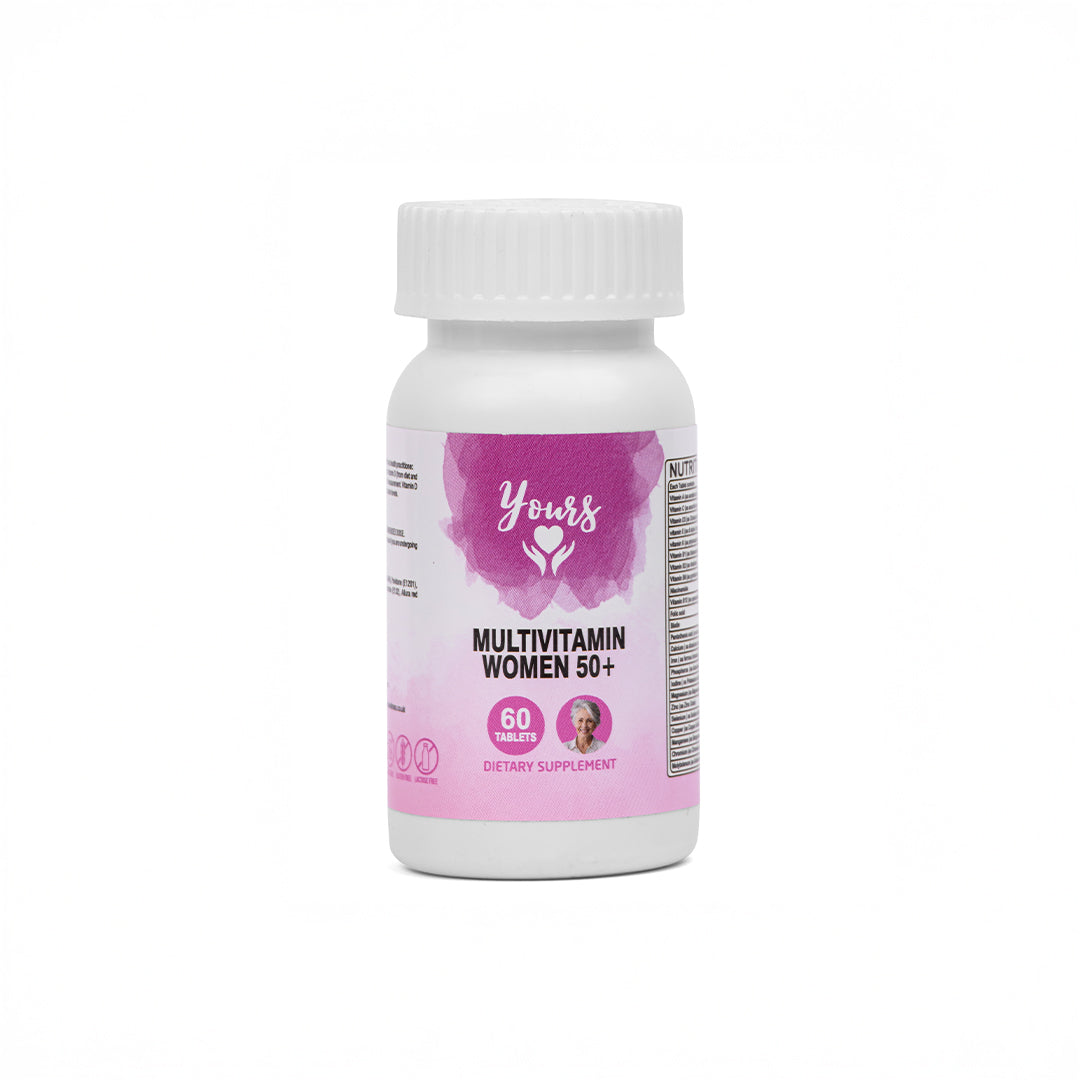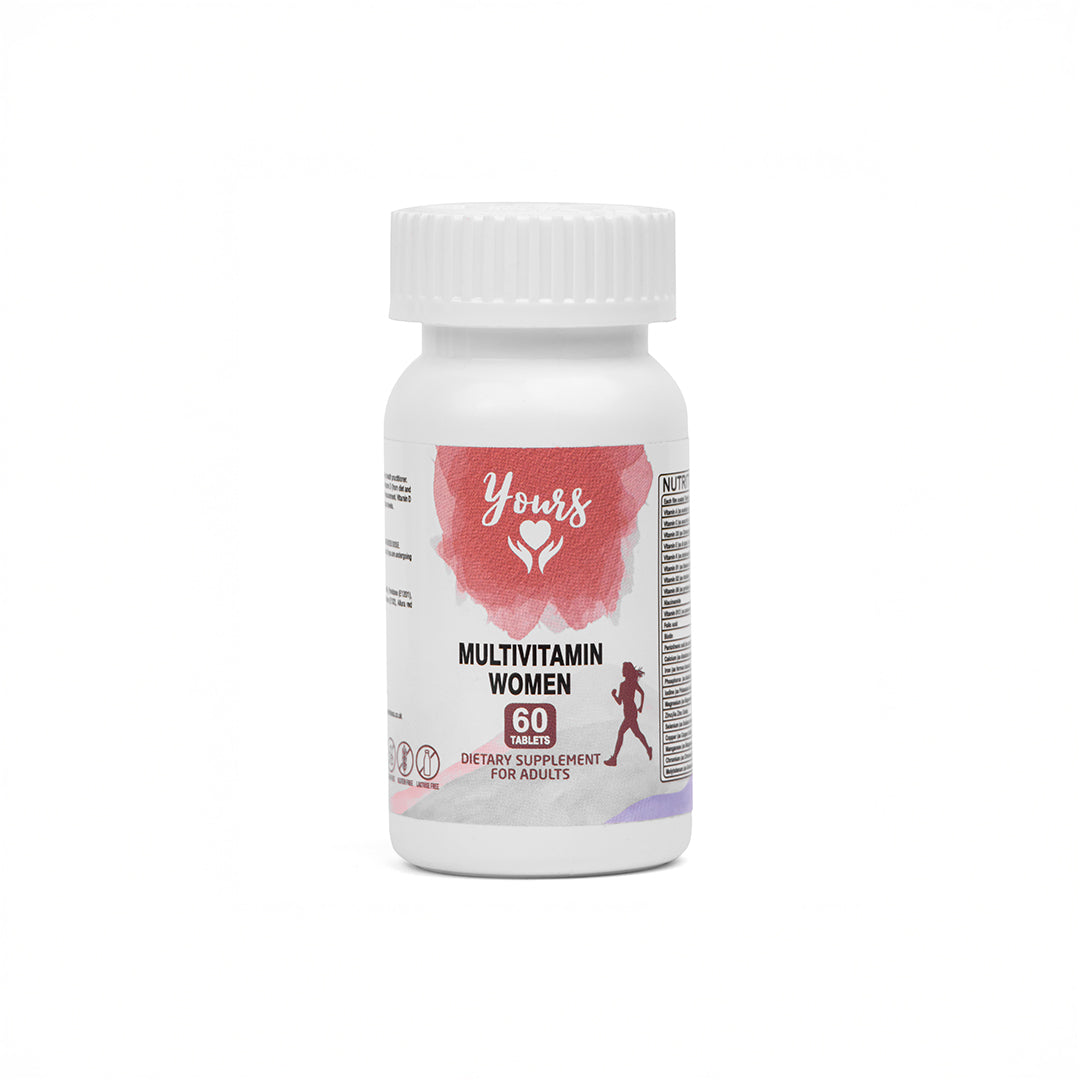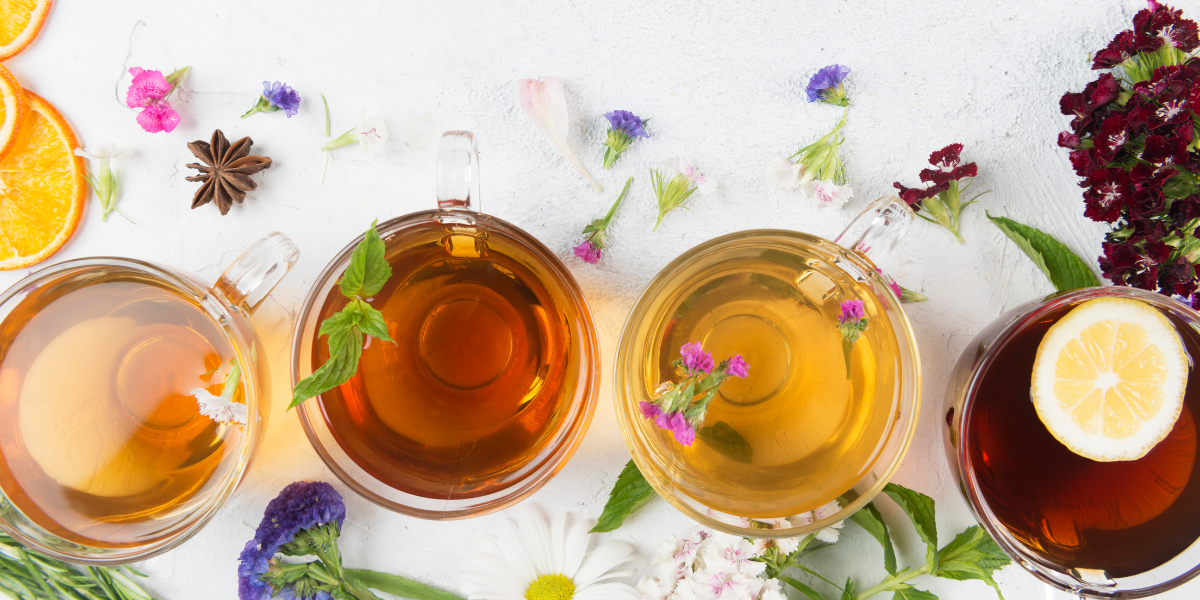For centuries, tea has been stitched into British culture — a salve of sorts, a social courtesy, a brief respite in a day filled with activity. However, the definition of tea has changed over the last couple of years. It’s not just warmth and flavour anymore, it is about wellness. For the average Briton, traditional breakfast tea is making way for the promise of energy, relaxation, detoxification, or a deeper sleep in cups across the U.K. Among them, the standout two are green tea and herbal tea.
With that being said, the argument between the two — green tea vs herbal tea — is frequently about which one is healthier or more effective. However, the reality is that each serves a unique purpose in a well-rounded wellness regimen. Green tea is an inspired energy booster, delivering caffeine in mellower quantities plus a treasure trove of antioxidants. Varied, caffeine-free herbal tea soothes and aids digestion, helping you to maintain homeostasis.
That difference goes beyond just a matter of taste; it becomes a matter of function. This comprehensive guide delves into every detail — from what you put in your cup to its beneficial properties, from the preparation traditions to conservation principles of today — to make informed decisions that impact your wellness.
What Exactly Is Green Tea? A Blend of Energy and Clarity
Green tea, however, comes from the same plant as black and oolong teas: the Camellia sinensis plant. The thing that makes green tea so different is that it is hardly processed at all. In order to maintain the natural green color and grassy aroma inherent in the freshly harvested leaves, they are swiftly steamed or pan-fired in order to stop oxidation, leaving the natural chlorophyll, enzymes, and antioxidants intact.
Green tea has a distinct flavour profile: light, grassy, sometimes nutty or floral, based on origin. Japanese types, including Sencha and Matcha, have a grassy sweetness, whereas Chinese greens, such as Longjing (Dragon Well), are more rounded and buttery-tasting. A gentle bitterness balanced in freshness, the hallmark of purity, hugs each cup.
Green tea is high in catechins (especially EGCG), polyphenols, L-theanine & trace minerals like Zinc and magnesium. All these compounds together help in better metabolism, as well as mental sharpness and cell protection. It’s the mindful tea — alert without being restless, concentrated without being drained.
Green Tea Versus Herbal Tea: The Need-to-Know Differences
Superficially, both drinks are just steeped leaves in a hot solution. Yet, that simplicity hides some obvious differences. Green tea is made from tea leaves; herbal teas are made from plants. Caffeine — Green tea has caffeine, and herbal teas usually do not. The advantages of green tea are based on antioxidants and a gentle stimulating effect, while herbal teas center on restoration and particular health goals.
In other words, green tea stimulates, while herbal tea regenerates.
The nutrients in green tea are relatively uniform — each cup delivers a constant ratio of catechins and L-theanine. But then herbal teas are endless so of course. So a blend for digestion is going to be totally different than a blend for sleep. This diversity transforms herbal tea into a versatile yet also rather personal brew — you can adapt infusions to suit your needs.
The greatest distinction is in intent. Green tea in the morning — a mindful stimulant that burns calories and stimulates the brain. Evening herbal tea: your partner — calming, restorative, and grounding after a long day
Breaking Down What’s Inside The Mug
It has a simple but effective nutritional profile. It contains a high concentration of the powerful antioxidant EGCG (epigallocatechin gallate), associated with metabolism and cellular health benefits. L-theanine, in turn, promotes mental clarity and a relaxed state, and together they create a synergy of relaxation with alertness. This is how these two compounds work synergistically, which is why green tea feels uplifting, but not jittery.
In contrast, herbal teas are a combination of various elements. Apigenin is a compound found in chamomile that attaches to brain receptors and can promote relaxation. Ginger contains gingerols that aid digestion and increase circulation as well. Anthocyanins from hibiscus to help regulate blood pressure, menthol from peppermint to chill your gut and open your airways. You get a tiny microdose of an energetically specific supplement each time you drink one of the herbs, and your body does all the rest — it is natural, liquid therapy
Green tea is the constant while herbal tea is the variable. It is not about which is “better” — it is about what your body and mind require at any given moment.
Caffeine, Focus, and Balance
The experience of green tea is characterized by caffeine. Each cup contains about 30 milligrams — enough to energize you but less than coffee. Caffeine with L-theanine takes the edge off the caffeine, providing calm, focused energy instead of jittery alertness. It is this balancing effect that has contributed to green tea being a go-to choice among professionals, meditators, and students around the world.
But with herbal tea, things move to a very different beat. Naturally caffeine-free, it allows the body to have a break from stimulation. Chamomile, valerian, or lemon balm mixed with evening promote relaxation to assist pure circadian rhythms. During the day, the green tea, and at night, the herbal tea, allow for a 24-hour cycle of wellness that corresponds with your biological rhythms.
Herbal tea is a reminder in a world addicted to nonstop energy that rest is also productive.
Green Tea and Its Wonderful Benefits: Everything from Helping With Metabolism and Longevity
Green tea can now be hailed as a "super drink," and this is no exaggeration — decades of research have confirmed its beneficial qualities. The antioxidants present in it neutralise the harmful effects of free radicals and therefore reduce the cellular damage that may lead to ageing and diseases. Research in journals including The American Journal of Clinical Nutrition shows that this regular consumption benefits the heart by lowering LDL cholesterol and improving the flexibility of blood vessels.
Green tea also helps you with your weight management. Indeed, catechins and caffeine in combination increase thermogenesis — the process of burning fats for energy. This does not turn it into a miracle weight-loss cure, but rather a potent ally in a healthy lifestyle.
Green tea can sharpen mental clarity. When the L-theanine content increases, alpha brain waves emerge — the exact state you experience when you meditate — allowing for relaxed alertness. Which is why countless professionals and creatives drink green tea while working or studying.
It turns out these repeated actions engender long-term effects, with long-term drinkers of green tea having better immunity, fewer inflammatory markers, and more robust regulation of mood — one simple ritual can drive deep physiology.
Guide to Herbal Tea: The Natural Remedy from Plants.
If green tea is the science of stimulation, then herbal tea is the art of balance. It works more slowly but more deeply, supporting many systems at once. Chamomile eases anxiety and induces sleep by moderating cortisol levels. Peppermint refreshes digestion, easing nausea. Support cardiovascular health and help regulate blood pressure naturally (Hibiscus). Ginger stimulates circulation, combating fatigue and coldness. While Turmeric reduces inflammation, it also helps with joint stiffness and liver function.
Green tea has one prominent profile, but herbal teas can be blended to form your own remedies (Shay, 2000). For example, consider how a detox blend could be composed of dandelion, nettle, and lemongrass for some light cleansing. For instance: A stress-relief blend might include the adaptogenic herbs ashwagandha and tulsi, which have been shown to balance hormones and bolster mental resilience.
Herbal teas invite experimentation. They teach you to listen to your body, to adjust according to the seasons, and to appreciate the gentle nudging of nature in effecting healing.
Weight Loss and Detox- Green Tea vs Herbal Tea
While premium-grade tea and semi-finished tea both aid detoxification, they work via different mechanisms. Green tea works metabolically. Its catechins and caffeine increase the oxidation of fat to burn more calories. At the same time, herbal teas target the excretory and lymphatic systems. Dandelion root and nettle leaf are included to support the liver and kidneys as they flush out excess toxins and water from the body.
A long-term wellness routine calls for a combination of both that will change the game: green tea is to the metabolism what herbal tea is to the cleansing process. Green tea in the morning helps switch on our systems for the day, and a relaxing herbal infusion at night promotes light detox while we sleep. The balance is where the synergy is, not competition.
Soothing and Nighttime Herbal Tea for Relaxation and Stress Relief Plus Sleep How To
Green tea is the territory of energy; herbal tea is the land of calmness. The brew of chamomile or lavender pulls us together, grounding us in an unstable world — loosening the tension in the body, dulling the chattering mind. These herbs rely on light sedative constituents which lower stress hormones and positively stimulate the parasympathetic nervous system — the relax-and-digest state of the body.
Although it has calming amino acids, green tea contains caffeine, and you should also stay away from it before bed. Many wellness aficionados, though, have instead settled into what is now known as the “two tea rhythm”: green tea during daylight hours, herbal tea at night. Thus, having this simple habit helps people focus while they are awake and approach rest when it is time to recover.
Unlike herbal tea, it does not sedate the body (but it does remind the body of its natural way of taking rest).
Immunity and Everyday Health Support
They both have their immune functions; however, they are distinct. The antioxidants found in green tea bolster the membranes of the cells as well as sweep the area clean of inflammation, both of which are required to stave off chronic diseases. The remarkably rich chemistry of herbal teas enables targeting of specific pathways in the immune response. Echinacea boosts white blood cell action; elderberry has potent flavonoids that are antiviral; Turmeric and ginger strengthen them against bacteria.
Combining both creates a two-pronged approach: green tea strengthens the internal defenses of the body, while herbal teas activate other immune responses. Consuming both routinely establishes a naturally protective cycle— one that does not depend on artificial stimulants or supplements.
A New Frontier — Sustainability and Ethical Wellness: A Shared Responsibility
Now, health-consciousness is the way of modern tea drinkers, but so is planet-consciousness. Sustainable brands, such as ANP Wellness, recognize that wellness cannot be limited to humans alone but needs to be applied to the earth itself. Most of their herbs come from organic farms free from pesticides and synthetic fertilisers that kill soil biodiversity.
Another real-world change is packaging. Plastic-heavy designs are being replaced with compostable tea bags, recyclable jars, and biodegradable pouches. From how herbs are dried to how shipments are packed, every decision is made with a mindful respect for the balance of nature.
Consumers choose ethical brands, thereby making a movement that shows us that health is directly linked with environmental stewardship. Wellness is a practice of the collective, after all.
ANP Wellness: Modernising the herbal tea category for the UK consumer
In a world of teas that promise purity and wellness, ANP Wellness stands in integrity — with extensive research and master craft. We create our blends not as lifestyle fads but instead, functional products to help target wellness goals.
ANP Wellness teas are 100% plant-based, sugar-free, and lab-tested in UK GMP-certified facilities. The approach is a combination of science meets nature — herbs are chosen based on biocompatibility, then blended in certain ratios and packaged in a sustainable manner.
With blends ranging from the Calm & Sleep Tea with chamomile and lemon balm to the Digestive Support Tea with ginger and peppermint, every cup embodies a promise of true health. The new standard for consumers wanting to find that sweet spot between purity/ethics/performance is ANP Wellness.
For a Great Tea Lifestyle, What to Think About
It depends on what the intention is: green or herbal tea. Green tea should accompany you if your day starts early and requires clarity. It focuses attention, boosts energy, and triggers fat burning. When the day draws to a close and your mind wants to settle, herbal tea comes to the fore — supporting digestion, melting stress, grounding you to sleep.
You don't have to pick just one for all time. Switch them out as per the beat of your life. That is why green tea would wake you up in the morning, and herbal tea would restore you at night. This duality is the true wellness experience — stimulation with serenity.
Final Thoughts: Harmony, Not Hierarchy
Balance But No Competition: Green Tea vs Herbal Tea. All three have different functions and together form a beautiful cycle of wellness. One pumps you up, one calms you down; one helps you zero in, one helps you wind down.
In 2025, wellness has crossed over into being a right, not a privilege, and these teas represent what living mindfully means — sustainable, natural, and traditional. From starting your day with some green tea to ending it with an ANP Wellness herbal blend, you are partaking in a ritual that goes beyond flavour — a ritual of self-care, sustainability, and mindfulness.
The best option is not binary but both — one cup for energy, one cup for calm, and daily reinforcement that balance is health.
FAQs
Herbal tea or green tea — which is better?
It's not better than the other, just different functions. Green tea is great for antioxidants and light energy, and herbal teas aid with relaxation and specific health needs.
Can I drink both on the same day?
Yes. Julian suggests drinking green tea during the day to boost concentration and metabolism, and herbal tea in the evening for a sense of relaxation and recovery.
Do herbal teas have caffeine?
Is herbal tea caffeinated and safe for all ages and times of day? No, herbal teas are naturally caffeine-free.
What is better for losing weight?
Green tea improves fat metabolism; herbal teas help in detox and digestion. Together, they support healthy weight management in a way that is well-balanced.


